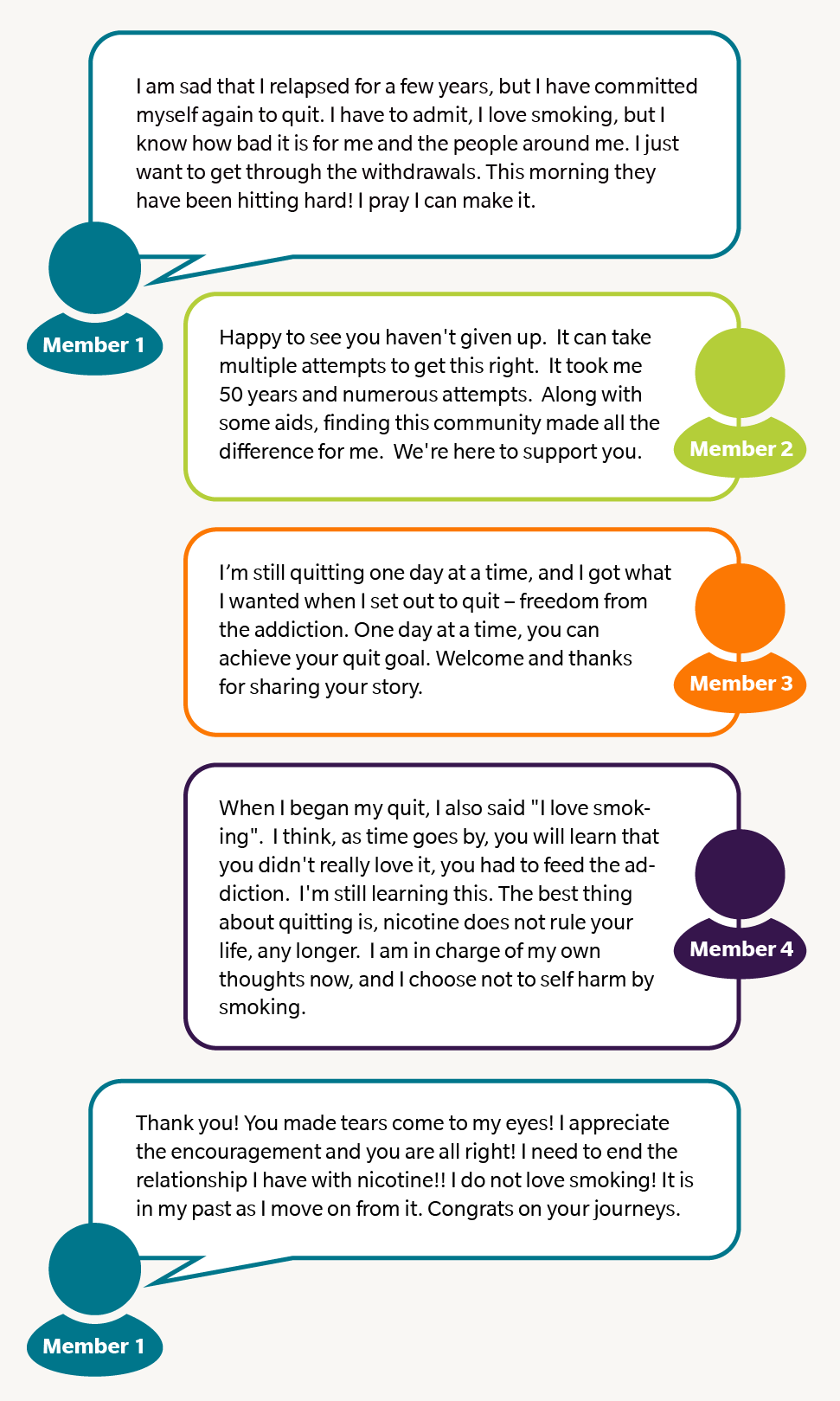Loneliness is known to affect many aspects of health…but is it as deadly as smoking?
Loneliness is described as a state of mind linked to wanting human contact but feeling alone. It is associated with serious medical conditions as well as higher rates of depression, anxiety, and suicide.
In America, loneliness is making headlines in employer workplaces and public health as a significant factor affecting mental health.
The Society for Human Resource Management (SHRM) released research that showed one-third (35%) of HR professionals feel loneliness among their workforce is more common now than it was before the pandemic.
Meanwhile the U.S. Surgeon General Vivek Murthy declared loneliness as a top public health priority, describing loneliness as being just as harmful as smoking 15 cigarettes a day.
While there are debates as to whether loneliness is really as deadly as smoking, there is strong evidence that loneliness and smoking actually go hand in hand. In fact, research shows that people who are lonely are more likely to be smokers.
So how can we combat this lethal combination?
Addressing loneliness and smoking through online communities
One effective way to address both loneliness and smoking is through an online health community focused on quitting tobacco. Through online social networks, participants can learn more about a health topic and meaningfully connect with others.
Online social networks transcend geography to provide access to a global network of people taking the same medication, navigating the same difficult behavior change, or struggling with the same chronic condition. Access to this extended network helps members overcome feelings of isolation and stigma.
Plus, members in online communities can post anonymously, which may encourage open and honest conversations, and provide opportunity to ask questions they may be too embarrassed to ask in “real life.”
See how powerful this support can be through this example of a conversation from our EX Community, an online community for quitting tobacco:
The members who responded to the original post showed empathy, understanding, encouragement, and support. Member 1’s response shows the benefit they received by hearing from others who understood their experience.
Social connections through EX Program
Helping tobacco users feel socially connected to other people when they need it is a critical component of the EX Program.
Our research shows that members who participate in the EX Community are more than twice as likely to quit than smokers who don’t participate.
This effect is strongest for those who actively post and engage with other members, but even just “lurking” (reading others’ posts) increases the odds that a member will quit. And, staying active in the EX Community for a longer period of time helps users maintain abstinence.
Available 24/7, our EX Community is the longest-running and largest online community for tobacco cessation. On average, response time to a member post is 12 minutes, with 12 comments per post.
See more details about our EX Community and other effective components of the EX Program in our program section. To see a demo, contact us today.





